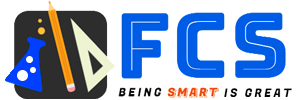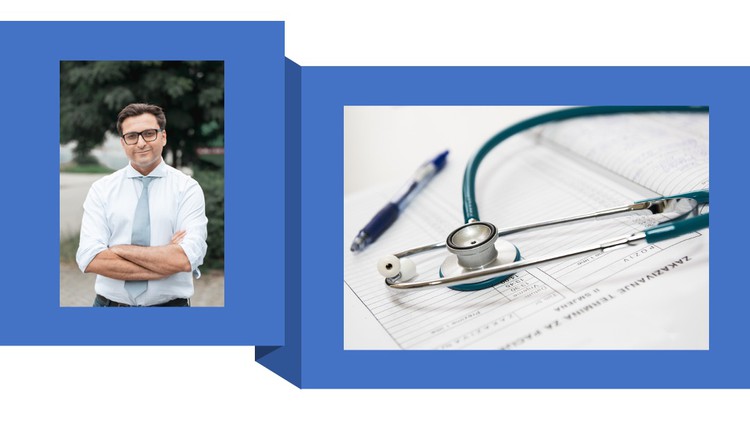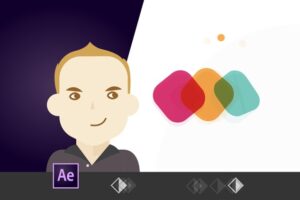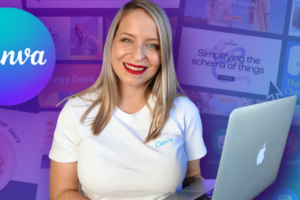Becoming a doctor: my 10 pearls of wisdom in medicine – Free Udemy Courses
Improving medical history, communicating with patients, and preventing medical error
What you’ll learn
Becoming a doctor: my 10 pearls of wisdom in medicine – Free Udemy Courses
- Recognizee the importance of medical history taking in diagnosing a complaint
- Learn about different communicating techniques in medicine
- Identify several biases that can lead to medical error
- Learn possible remedies for biases in medicine
- Identify the doorknob phenomenon
Requirements
-
Basic starting level knowledge of taking a medical history and communicating with patients
Description
This online course is intended to equip medical students, healthcare professionals, and starting doctors with essential communication tools for a more successful medical history. Individuals with special interests in exploring medicine are encouraged to also join this course.
In this course, I’ll show you that by improving communication between doctors and patients, through relatively simple techniques, there can be a significant improvement in diagnosing illness, preventing complaints from patients, preventing medical errors through cognitive errors, and thus improving patient care.
The basis for this course is my more than 10-year of experience as a medical doctor and internist combined with my experience as a medical teacher.
This course, through frequently encountered pearls of wisdom in medicine, will cover:
– the importance of a thorough medical history
– communicating techniques such as the use of silence and summarising
– the role of complaints in medicine
– how best to act on complaints
– common biases such as anchoring, confirmation bias, affective error, ascertainment bias, and Maslows hammer that can lead to medical error
– possible remedies for systemic and personal biases
– the doorknob phenomenon
After this course (future) clinicians will be more aware of the true power of the story of the patient in getting the right diagnosis.
Who this course is for:
- For medical students, (starting) medical doctors, researchers, healthcare professionals, or individuals with a special interest in medicine









Add Comment